It is not certain whether the new neural network OpenAI used videos from YouTube for training — however, the chief executive officer of the video platform assures that it would be a clear violation of the terms of use.
"If a creator uploads their work to our platform, they have certain expectations," said Neal Mohan in an interview with Bloomberg Originals host Emily Chang. "And one of them is compliance with the service rules. Uploading video clips or transcripts would be a clear violation."
Sora is a new neural network from OpenAI capable of generating realistic short videos based on text queries. Like the startup's previous products — ChatGPT and DALL-E — the technology has faced criticism regarding the use of various internet data for training, including potentially copyrighted material.
Last month, the chief technical officer of OpenAI, Mira Murati, stated in an interview with The Wall Street Journal that she is not sure if Sora learned from user-generated videos on YouTube, Facebook, and Instagram. This week, the publication also reported that OpenAI discussed training its upcoming large language model, GPT-5, on transcriptions of publicly available YouTube videos.
Mohan says that Google will abide by individual YouTube contracts with creators when deciding whether to use videos from the platform for training its powerful AI model Gemini.
"Creators have different types of licensing agreements for content on our platform," Mohan said.
He added that while "a certain part of YouTube" may be used for training models like Gemini, Google and YouTube ensure that it "complies with any terms of service or contract that authors have signed."
Meanwhile, OpenAI is in talks with major Hollywood studios, agencies, and producers about the potential use of Sora. According to The Wall Street Journal, the neural network will be available to the public within 2024, and subsequently will be able to support audio and video editing to make scenes even more realistic.






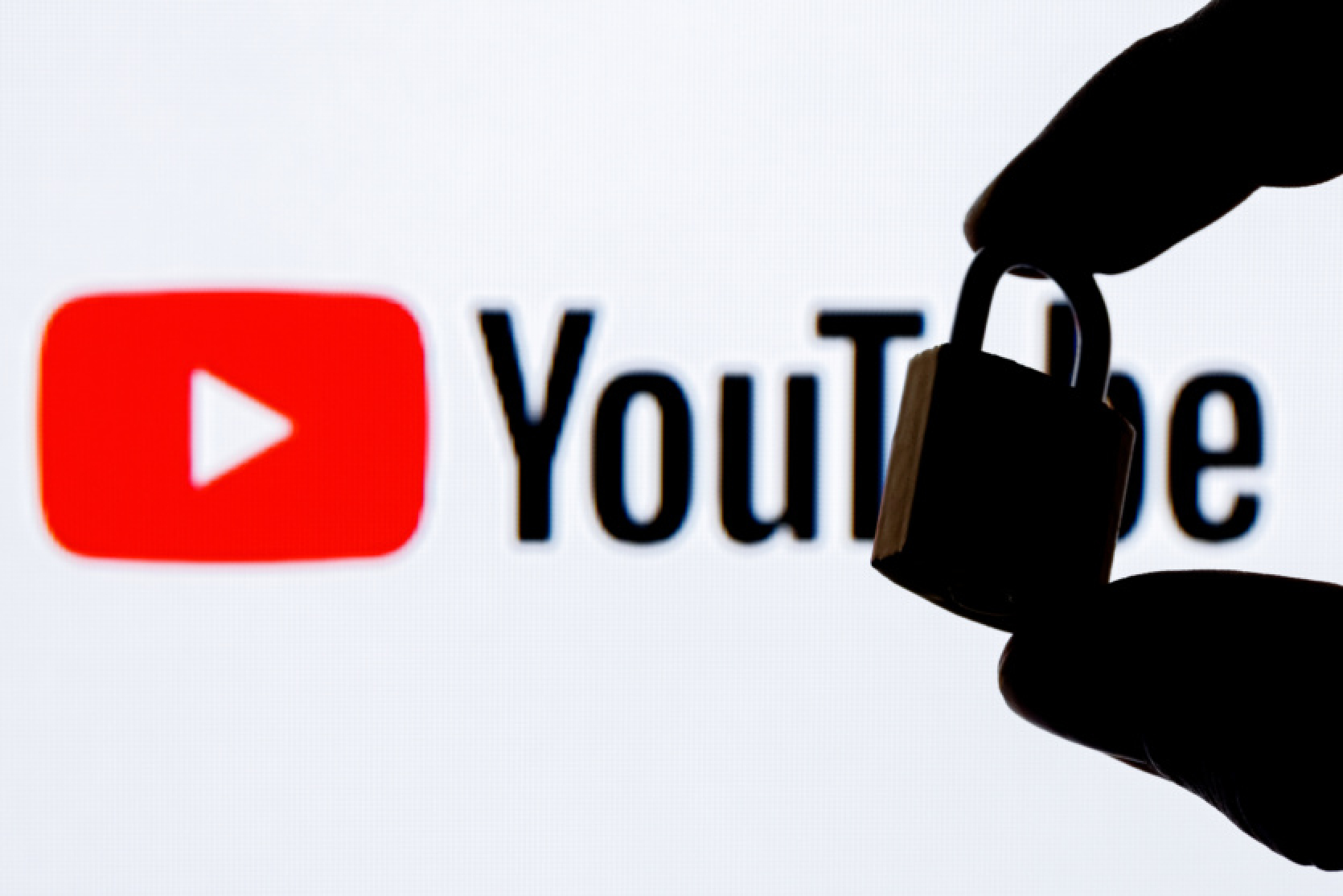


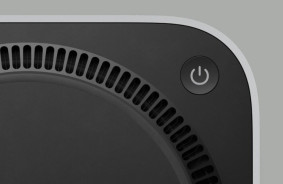
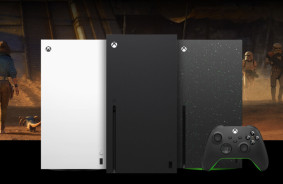
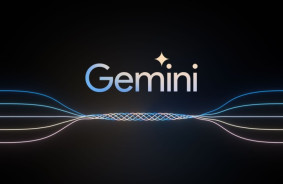
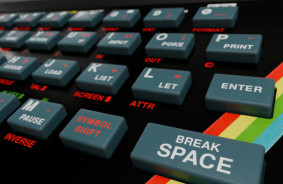
Comments (0)
There are no comments for now